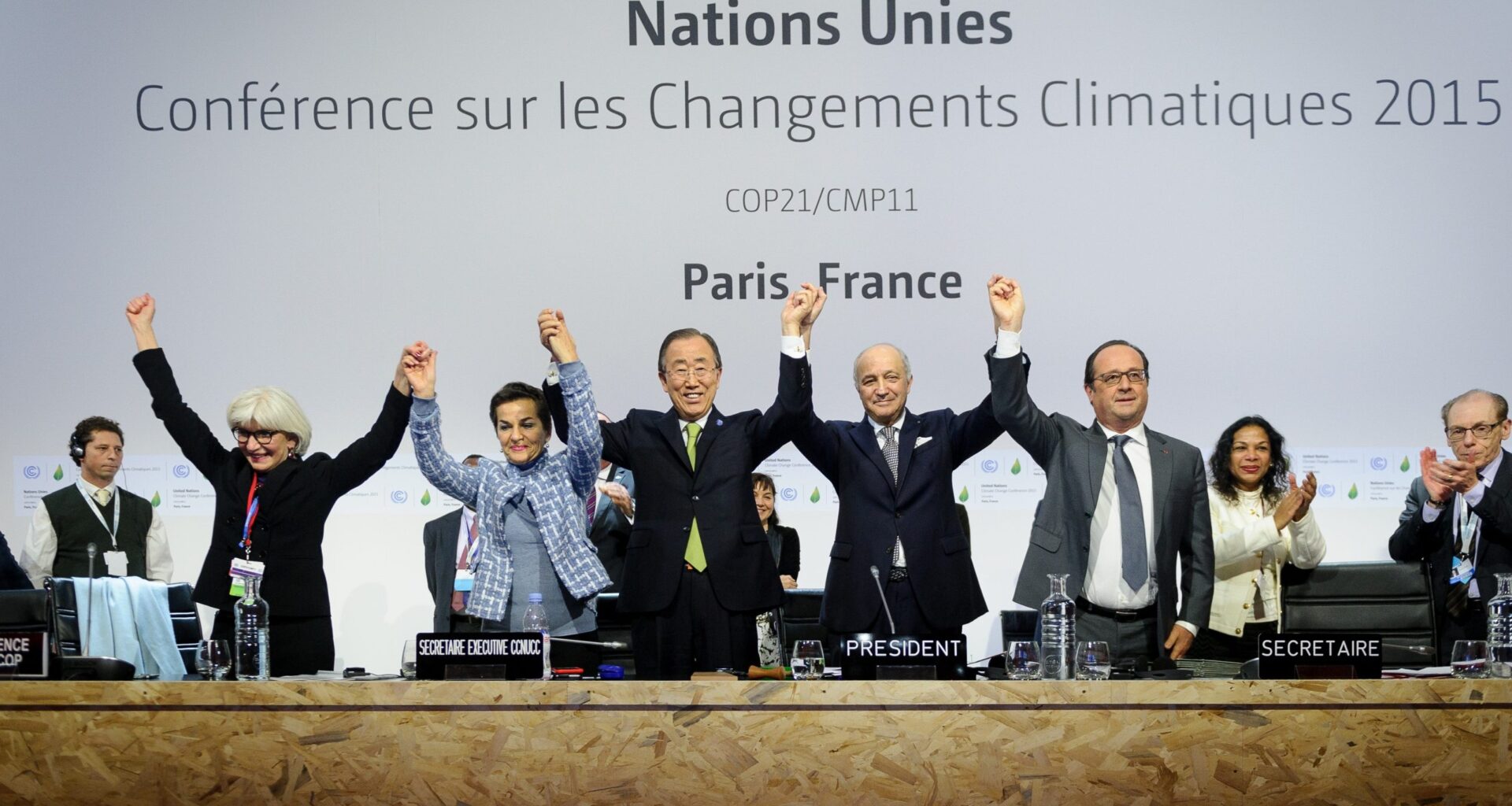Comment: This week, the Act Party made an unsurprising announcement: It will campaign in next year’s election on taking New Zealand out of the Paris Agreement.
It was an idea party leader David Seymour floated earlier in the year, saying the party would consider it as an official policy. This week it was confirmed – though subsequently shot down by PM Christopher Luxon, who said doing so would hurt Kiwi farmers.
Right now, it looks unlikely to be a policy that actually eventuates. Like some of Act’s other more radical asks (scrapping the Zero Carbon Act or disbanding the Ministries for Pacific Peoples, Ethnic Communities and Women), it’s simply a non-starter for National. But what would happen if we did leave the agreement?
For starters, we’d be only the second country to do so, joining Donald Trump’s United States – which is currently carrying out a crusade against offshore wind because the President doesn’t like the view of the turbines from his golf course. Hardly illustrious company for a country which, Seymour claims, would still be taking climate change seriously.
That’s more than just uncomfortable for us. It would represent a black mark on New Zealand’s reputation. Already, Fonterra and other agricultural exporters are reporting their customers want to see real action on climate. New Zealand, like other developed countries, has relatively low-emissions agriculture. But we can’t coast on our laurels forever – real change is needed and leaving Paris would be a step in the wrong direction from the perspectives of Nestle and Mars.
Leaving the Paris Agreement would allow us to scrap our climate targets under that agreement as well – but we’d still have domestic targets under the Zero Carbon Act which require action to be taken. And it’s not like our new Paris target is ambitious. Experts derided it as exactly the opposite when it was announced earlier this year. So emissions reductions would still be needed and they wouldn’t be significantly lessened by leaving Paris and dropping those targets.
Then there’s our Free Trade Agreements. New Zealand has already likely breached its latest free trade deals with major export markets the UK and EU, according to official advice, by repealing the ban on offshore oil and gas exploration. Although we may not face repercussions from our trading partners for that decision, because it has relatively limited flow-on effects to our terms of trade with Europe and Britain, leaving Paris would be another thing altogether.
It’s hard to imagine European and British farmers standing by as a major competitor seeks to get ahead by skimping on environmental and climate protections in a pretty explicit breach of trade deals. Expect retaliation – which is the last thing Kiwi exporters need in a world already complicated by Trump’s tariffs.
And while Nestlé and Mars might be disappointed at New Zealand’s climate backsliding, they wouldn’t suddenly change their own demands for low-emissions products. We’d still have emissions obligations, just set by our export markets rather than by our own elected Government.
Finally, there are the clear ecological arguments. Though they don’t seem to hold as much sway with politicians, they are inarguable scientific fact.
The Intergovernmental Panel on Climate Change made clear in its latest report: Every tonne of CO2 adds to global warming. Whether it comes from a Chinese coal-fired power plant or an American factory farm or a Kiwi SUV, it has the same effect.
The Paris Agreement represents the world’s combined commitment to stop this problem. Right now, we are failing. We are seeing the costs playing out around the world and at home. Think of floods in Texas, killing dozens after sweeping through summer camps, or heat waves in Europe and India outpacing our ability to cool ourselves with air conditioning – or even Cyclone Gabrielle or the recent Tasman floods.
This will keep getting worse until we stop emitting and start drawing down greenhouse gases.
While New Zealand may not represent a large chunk of emissions in an absolute sense, we are one of the world’s higher emitters per capita. That means there are plenty of people living good lives around the world, while producing far less greenhouse gases than we do. What can we learn from them?
Indeed, those lessons don’t just benefit the climate, they’ll benefit us too. Right now, we rely on imported fossil fuels from foreign petrostates to keep our cars and trucks running and our country connected. Imagine the resilience benefits if we powered that with homegrown clean electricity as well?
There’s a cost of living crisis, you may have noticed. But a mass rollout of rooftop solar would lower bills for Kiwis, take pressure off the grid and lower our emissions.
A world where we take climate seriously doesn’t have to be a return to the stone age. Instead, it’s a step into the future, leaving the fossil age behind. And if Paris helps us get there faster, why leave?
Paris isn’t perfect – not for New Zealand, not for the world.
But it is what we have and walking away from the table leaves New Zealand poorer off and leaves future generations with harder lives than they deserve.

